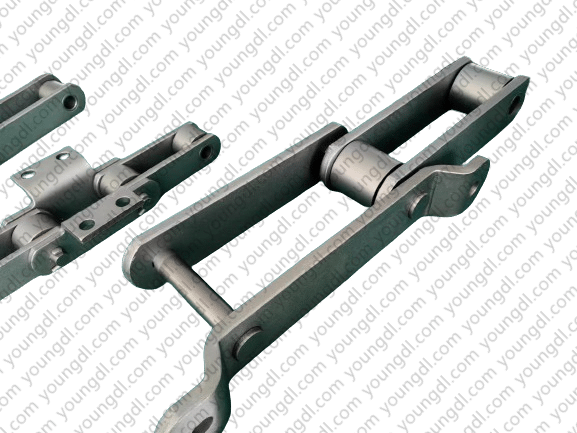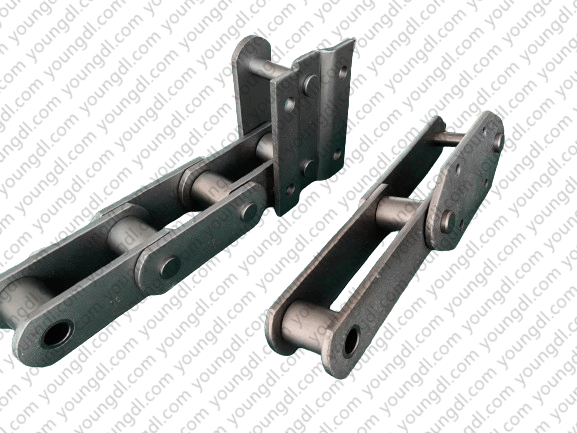
First of all, they are both high-quality carbon structural steels with good cutting performance.
40Cr and 40Mn are two different types of alloy structural steels, and their differences mainly depend on their alloy composition and their intended use.
40Cr is an alloy structural steel belonging to the Chinese national standard GB/T 3077, with chromium (Cr) as its main alloying element. It has higher strength, hardness, and wear resistance, making it suitable for manufacturing high-strength bolts, screw nuts, bearings, gears, and other components.
40Mn is an alloy structural steel with relatively high manganese content. With manganese (Mn) as its main alloying element, it possesses good machinability and strength, making it suitable for manufacturing components subjected to impact loads and bending, such as wheels, axle shafts, etc.
Therefore, the main difference between 40Cr and 40Mn lies in their alloy composition and application fields. 40Cr emphasizes hardness and wear resistance, suitable for manufacturing high-strength components; while 40Mn focuses on machinability and toughness, suitable for manufacturing components subjected to flexible curvature and impact loads.
In terms of hardness, 40Cr can reach up to 60 HRC, while the hardness of 40Mn can reach 40-45 HRC.
40Cr is a medium carbon quenched and tempered steel, cold heading die steel with good fatigue resistance, excellent toughness, and good corrosion resistance. It can be processed through quenching and tempering, carburizing, and high-frequency treatment. It can be used to produce medium-sized plastic molds and is not afraid of heat treatment. Its water quenching performance is superior to oil quenching, and it has good permeability up to Φ28-60mm.
40Mn is generally used directly or after annealing and quenching and tempering treatment. It possesses cold deformation plasticity and fatigue resistance. Its disadvantages are low weldability, overheating sensitivity, and temper brittleness, with a tendency to crack during water quenching. It is suitable for fatigue-resistant components.
In summary, 40Cr has a wider range of applications, suitable for various standard or non-standard chains.
40Mn is suitable for use in ordinary roller chains when customers do not require high hardness, do not require flanges, and do not need welding.
In our production and processing, we usually recommend suitable materials based on the actual needs and applications of our customers. Through detailed communication, we confirm the drawings and quotations to meet the customers’ needs as the ultimate goal. While customers provide drawings, we also provide corresponding assembly drawings and part drawings for customers to confirm the details. We strive to achieve the expected or even superior results in the final products.
